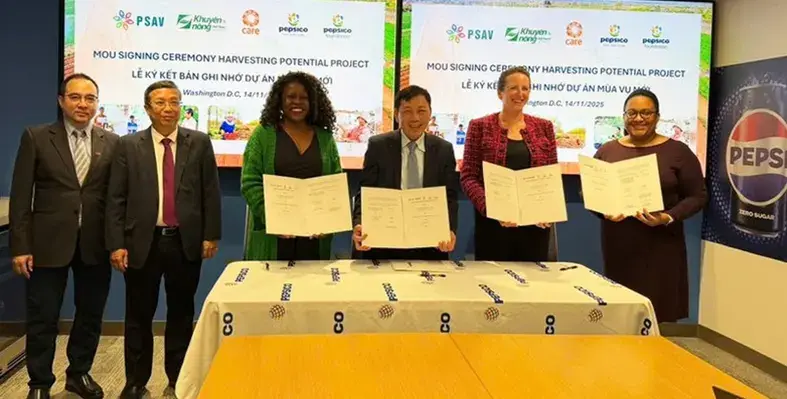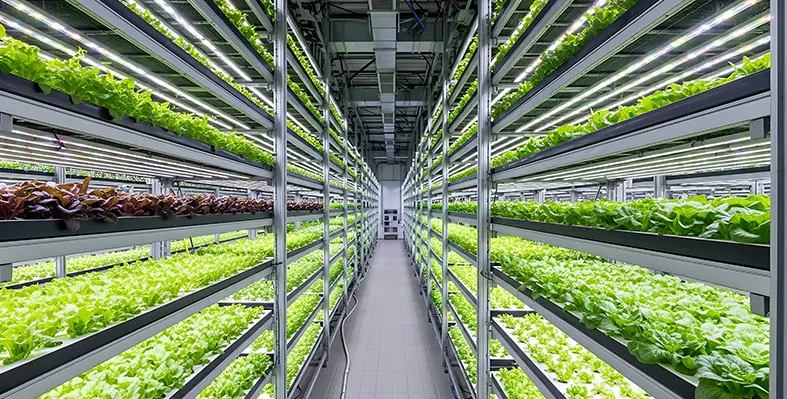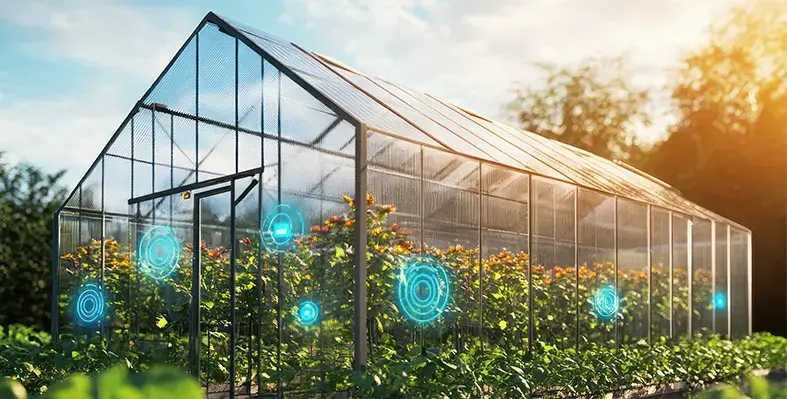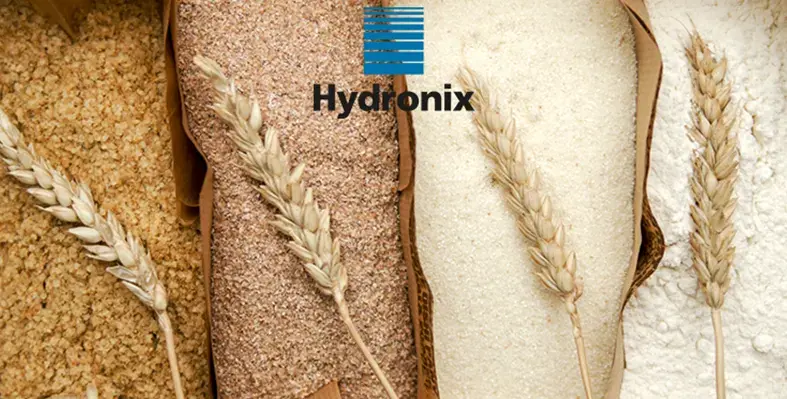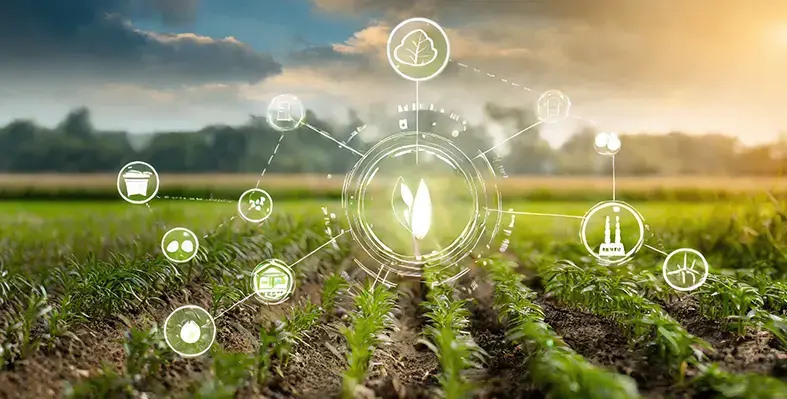PepsiCo Foundation, the Partnership for Sustainable Agriculture in Vietnam (PSAV), the National Agricultural Extension Center (NAEC), and CARE have officially launched Phase II of the “I am happy to sow” project, now known as the New Crop: Sustainable Agriculture Initiative, in Vietnam.
The Memorandum of Understanding was signed during the Vietnam–US bilateral trade mission in Washington DC from 10–14 November 2025, formalising the continuation of a successful public–private partnership (PPP) model designed to support smallholder farmers.
Running from January 2026 to December 2028, the New Crop project will operate in Dak Lak, Gia Lai, and Thanh Hoa provinces, with a strategic focus on regenerative agriculture and inclusive value chains to tackle climate change. It is expected to directly benefit 13,600 smallholder farmers, including 8,160 women and 5,440 men, and indirectly impact more than 73,400 people across the region. The initiative forms part of the global She Feeds the World programme, which empowers women and smallholder farmers to improve productivity, nutrition, and overall community well-being.
C.D. Glin, President of PepsiCo Foundation, said, “The New Crops project demonstrates our unwavering commitment to equality in the global supply chain. By supporting women farmers and smallholder farmers, we not only help increase productivity but also empower women, promote financial independence, and build a more sustainable future for their communities. This is how the company realizes its pep+ (PepsiCo Positive) Strategy.”
The project’s success relies on a strong PPP model linking ministries, research institutes, local partners, and private-sector actors. PSAV and NAEC provide technical support, develop policies, and coordinate with local authorities, while the Western Highlands Agriculture and Forestry Science Institute (WASI) contributes scientific expertise. Deputy Minister Hoang Trung, said, “The Ministry of Agriculture and Environment is pleased that PSAV and NAEC are meaningfully accompanying the project in the role of connecting and promoting the public-private partnership (PPP) model… PepsiCo Foundation, CARE and the business community will continue to play a pioneering role – not only in finance, but also in technological innovation, value chain management and shaping sustainable consumption trends.”
The New Crop project focuses on three interconnected objectives: building climate-resilient food systems, empowering smallholders—especially women and ethnic minorities—to adopt regenerative agriculture, and establishing inclusive value chains by improving access to inputs, finance, technology, and markets. Successful practices will be documented, scaled, and disseminated through the Food Innovation Hub Vietnam (FIH-V) for long-term impact.
Crystal Lander, Vice President of Global Advocacy at CARE, added, “The New Crops project not only helps smallholder farmers increase productivity, but also regenerates soils and protects livelihoods in the face of increasingly complex climate change. This is an important step towards long-term sustainability.”



